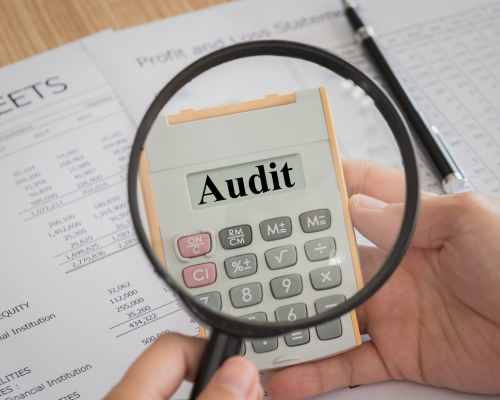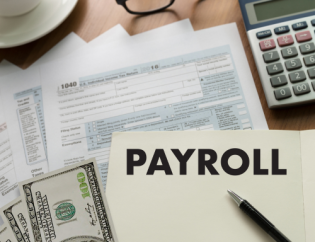
In the dynamic and ever-changing world of business, ensuring financial transparency and accuracy is paramount. This is where a company audit comes into play. A company audit is an independent examination of a business’s financial records, conducted by auditors, to verify the accuracy of its financial reporting. In this article, we will delve into the critical aspects of company audits, including when they are required, who is exempt, and how businesses can prepare for their first audit.
What Is a Company Audit?
A company audit involves a thorough review and validation of a business’s financial statements to ensure they comply with relevant legislation and regulatory standards. During the audit, qualified auditors conduct comprehensive assessments, including:
Reviewing and validating the accuracy of financial statements.
Verifying that financial statements adhere to the standards set by regulatory bodies such as Companies House and HM Revenue & Customs (HMRC).
Does My Company Require an Audit?
The requirement for a company audit depends on certain criteria. If your business meets at least two of the following conditions, it will need to conduct a company audit:
- Annual turnover exceeds £10.2 million.
- Assets are valued at over £5.1 million.
- Employ 50 or more employees
If your company is part of a larger group, the entire group must collectively meet the above conditions for a company audit to be necessary. Additionally, even if your small business qualifies for an audit exemption, shareholders with a 10% stake (either in percentage or value) can request an audit.
Preparing for Your First Company Audit
The prospect of a company audit, coupled with tax season, can be stressful for any business. To ensure a smooth audit process, follow these steps:
- Discuss your needs and priorities with your auditor, and agree on a list of high-priority tasks.
- Inform your stakeholders about any specific requirements and additional audit procedures.
- Designate a point of contact for each area required during the company audit to minimize potential clashes and ensure smooth communication.
- Organize an ‘auditor’ file for regulatory agency correspondence and separate folders for critical documents related to fixed assets, leasing arrangements, debt agreements, and other significant aspects of your business.
- Reconcile all your general ledger account totals, including bank accounts, accounts payable, accounts receivable, and equipment lists.
- Prepare essential documents beforehand, such as primary accounting records, ownership details, year-end bank statements, VAT returns, and shareholder meeting minutes.
- By preparing in advance and maintaining accurate records, you can streamline the audit process and minimize disruptions for your business and employees.
In conclusion, a company audit is a vital component of ensuring financial transparency and compliance with regulatory standards. By understanding the requirements for a company audit and adequately preparing for the process, businesses can navigate this essential aspect of financial reporting with confidence.
Remember, at Acenteus, we’re here to help you with your bookkeeping and accounts, ensuring you stay on top of your financial obligations and maintain a successful business.
Contact us if you need help with your company audit.
Email us at enquiries@acenteus.com
Or Call on +44 736 205 2566










